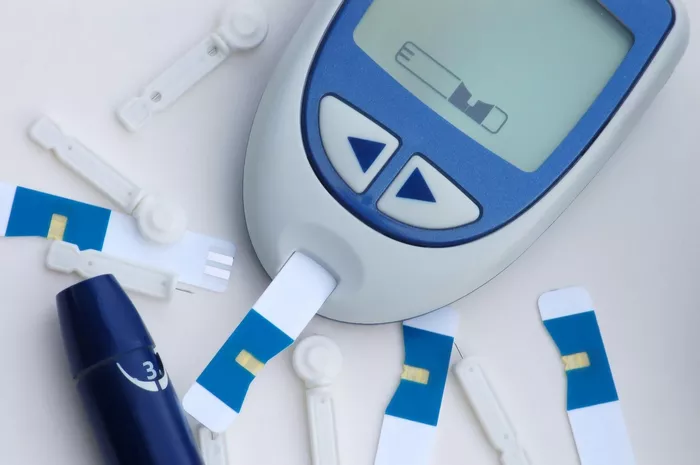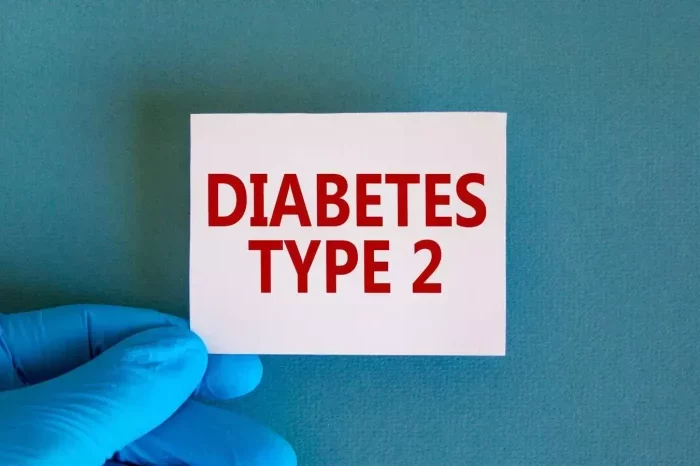Hyperglycemia, or elevated blood glucose levels, is a common condition in individuals with diabetes and can lead to various health complications. While hyperglycemia is well-known for its association with high blood sugar levels, its impact on blood pressure is a subject of interest and concern. This article explores whether hyperglycemia can cause low blood pressure, examining the mechanisms involved, related conditions, and implications for patient management.
Understanding Hyperglycemia
Hyperglycemia occurs when blood glucose levels exceed the normal range. It is a hallmark of diabetes and can result from inadequate insulin production, insulin resistance, or both. Chronic hyperglycemia can lead to serious complications such as cardiovascular disease, nephropathy, neuropathy, and retinopathy.
Causes of Hyperglycemia
Insufficient Insulin Production: In type 1 diabetes, the pancreas produces little to no insulin, leading to elevated blood glucose levels.
Insulin Resistance: In type 2 diabetes, cells become less responsive to insulin, impairing glucose uptake and causing high blood sugar.
Poor Dietary Choices: High carbohydrate intake or inconsistent meal timing can contribute to hyperglycemia.
Lack of Physical Activity: Physical inactivity can exacerbate insulin resistance and hyperglycemia.
Medications: Certain medications, such as corticosteroids and some antipsychotics, can induce hyperglycemia.
Understanding Low Blood Pressure
Low blood pressure, or hypotension, is characterized by blood pressure readings lower than 90/60 mmHg. Symptoms may include dizziness, fainting, blurred vision, and fatigue. While hypotension can result from various causes, it is essential to distinguish whether it can be influenced by hyperglycemia.
Causes of Low Blood Pressure
Dehydration: Loss of fluids can reduce blood volume, leading to lower blood pressure.
Heart Conditions: Heart problems, such as bradycardia or heart failure, can cause hypotension.
Endocrine Disorders: Conditions such as Addison’s disease and hypothyroidism can lead to low blood pressure.
Severe Infection: Sepsis can result in a significant drop in blood pressure.
Medications: Certain drugs, including diuretics, antihypertensives, and antidepressants, can cause hypotension.
The Relationship Between Hyperglycemia and Blood Pressure
The relationship between hyperglycemia and blood pressure is complex. Hyperglycemia itself does not directly cause low blood pressure, but it can influence various physiological processes that might contribute to changes in blood pressure.
1. Dehydration and Blood Volume
Chronic hyperglycemia can lead to osmotic diuresis, a condition where excess glucose in the blood causes increased urine production. This can result in dehydration and reduced blood volume, potentially leading to low blood pressure.
Mechanism: High blood glucose levels increase the osmotic load in the kidneys, leading to more urine production and fluid loss.
Implications: Severe dehydration from uncontrolled hyperglycemia can contribute to hypotension, especially if fluid intake is inadequate.
2. Autonomic Neuropathy
Autonomic neuropathy, a common complication of diabetes, affects the autonomic nervous system, which controls involuntary functions such as heart rate and blood pressure regulation.
Mechanism: Autonomic neuropathy can impair the body’s ability to regulate blood pressure, leading to orthostatic hypotension (a significant drop in blood pressure when standing up from a sitting or lying position).
Implications: Patients with diabetic autonomic neuropathy may experience symptoms of low blood pressure, including dizziness and fainting, especially when transitioning between positions.
3. Diabetic Ketoacidosis (DKA)
Diabetic ketoacidosis (DKA) is a serious complication of hyperglycemia characterized by high blood glucose levels, ketone production, and metabolic acidosis.
Mechanism: DKA can lead to significant fluid and electrolyte losses due to vomiting, polyuria, and increased metabolic demands. This fluid loss can reduce blood volume and contribute to low blood pressure.
Implications: Patients in DKA may present with hypotension due to the combined effects of dehydration and electrolyte imbalances.
4. Hyperosmolar Hyperglycemic State (HHS)
Hyperosmolar hyperglycemic state (HHS) is another severe complication of hyperglycemia, typically occurring in type 2 diabetes.
Mechanism: HHS is characterized by extremely high blood glucose levels and increased osmolarity without significant ketoacidosis. It can lead to profound dehydration due to osmotic diuresis, which may result in low blood pressure.
Implications: Management of HHS includes rehydration and correcting electrolyte imbalances to restore normal blood pressure.
Managing Hyperglycemia and Blood Pressure
Effective management of both hyperglycemia and blood pressure involves a comprehensive approach that includes lifestyle modifications, medication, and regular monitoring.
1. Lifestyle Modifications
Diet: Consuming a balanced diet with controlled carbohydrate intake helps manage blood glucose levels and prevent dehydration.
Exercise: Regular physical activity improves insulin sensitivity and overall cardiovascular health, which can positively influence blood pressure.
Hydration: Adequate fluid intake is essential to prevent dehydration and support healthy blood pressure levels.
2. Medication Management
Blood Glucose Control: Medications such as metformin, insulin, and GLP-1 receptor agonists help regulate blood glucose levels and prevent complications.
Blood Pressure Management: If low blood pressure is present, treatment may include increasing fluid intake, adjusting medications, or using medications that improve blood pressure regulation.
3. Regular Monitoring
Blood Glucose Levels: Regular monitoring of blood glucose levels helps prevent chronic hyperglycemia and its complications.
Blood Pressure: Regular blood pressure checks are essential for detecting and managing any changes in blood pressure related to diabetes or hyperglycemia.
4. Addressing Complications
Autonomic Neuropathy: Management includes medications, lifestyle adjustments, and monitoring to prevent or address symptoms of orthostatic hypotension.
DKA and HHS: Prompt treatment involves fluid resuscitation, insulin therapy, and electrolyte correction to stabilize blood glucose and blood pressure levels.
See also: When Is Hyperglycemia an Emergency?
Conclusion
While hyperglycemia itself does not directly cause low blood pressure, its effects on fluid balance, autonomic function, and severe complications like DKA and HHS can contribute to hypotension. Understanding the complex relationship between hyperglycemia and blood pressure is crucial for effective management and prevention of associated complications.
Proper management of hyperglycemia through lifestyle changes, medication, and regular monitoring can help mitigate the risk of low blood pressure and other related health issues. Addressing both blood glucose and blood pressure concerns with a comprehensive approach will improve overall health outcomes for individuals with diabetes and insulin resistance.
Related topics:
What Foods to Eat When You Have Hyperglycemia

























